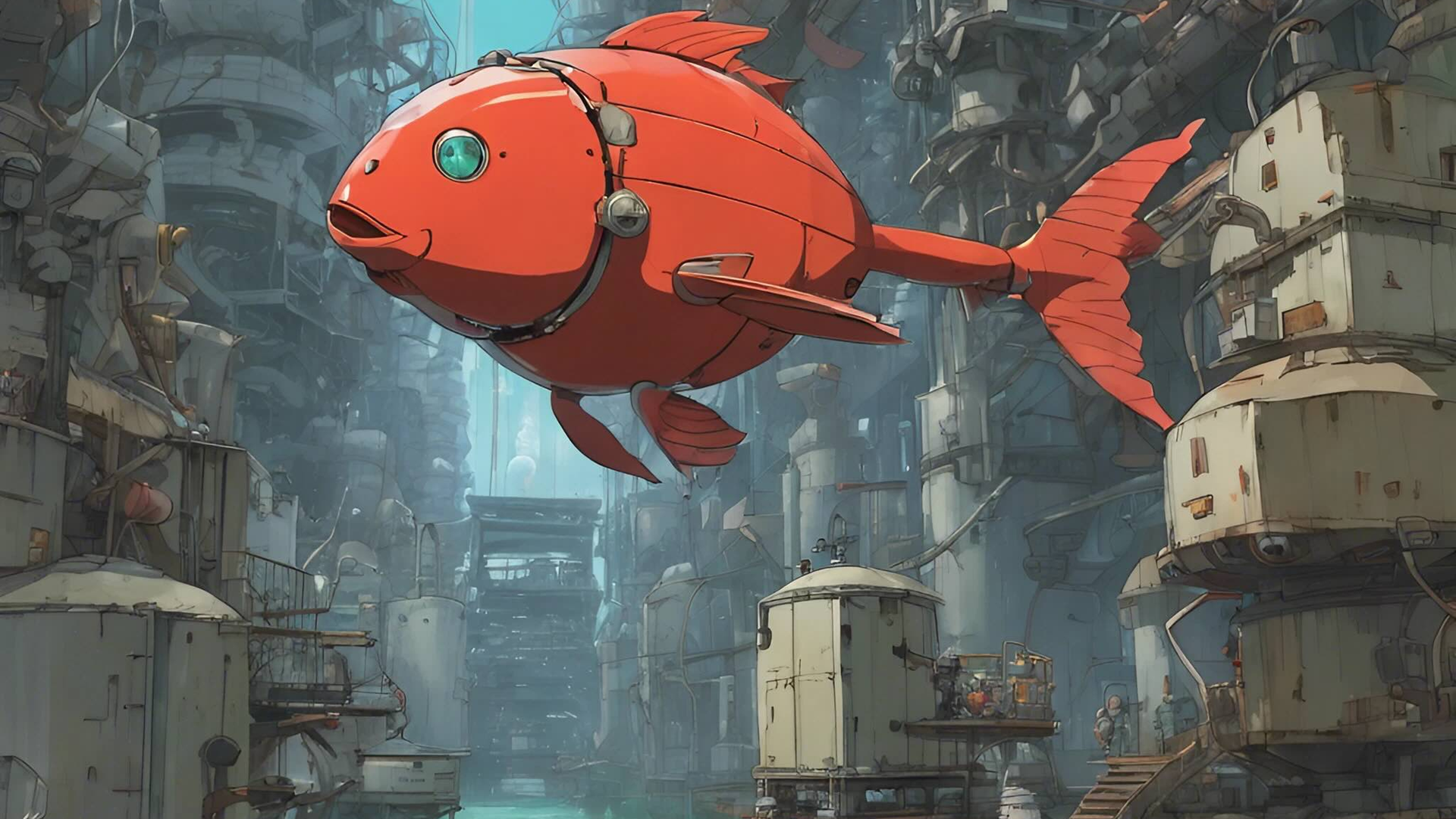An AI Marie Curie or Robo-Galileo might make the next big science discovery
The first AI Scientist is stepping into the lab

AI research is leading to AI that can do research all on its own. That’s the dream of Japanese firm Sakana AI, which has shared what they claim is the first “AI Scientist.” The embedded generative AI model is designed to conduct scientific research autonomously and could lead to discoveries and innovations faster than would be possible with human researchers alone.
Sakana worked with the University of Oxford and the University of British Columbia to design the AI Scientist, publishing a research paper on what they’ve done so far. The AI Scientist is supposedly capable of emulating the entire scientific discovery process, including everything from coming up with ideas to designing and running experiments and even writing full scientific papers detailing its findings for publishing. Sakana said it would be a bargain, too, as the model can produce a complete research paper for as little as $15.
All it takes is a broad subject and access to data to start. Then, the AI can review previous research and look for unanswered questions and ways of producing experiments based on those ideas. Then, it can run in a loop and refine its ideas based on the outcomes of its previous research.
For now, the AI Scientist is focused on machine learning, an apropos choice as that’s the seed of its own creation. So far, the AI Scientist has come up with previously unexplored techniques for different language models and ideas for analyzing how a model evolves from training. That might lead to better machine learning algorithms and, in a way, the AI Scientist’s successors.
“The AI Scientist automates the entire research lifecycle, from generating novel research ideas, writing any necessary code, and executing experiments, to summarizing experimental results, visualizing them, and presenting its findings in a full scientific manuscript. Sakana explained in a blog post.
“We believe this work signifies the beginning of a new era in scientific discovery: bringing the transformative benefits of AI agents to the entire research process, including that of AI itself. The AI Scientist takes us closer to a world where endless affordable creativity and innovation can be unleashed on the world’s most challenging problems.”
Science AI
The AI Scientist could theoretically expand into almost any field of research. Environmental protection, medical research, material science, and more might benefit from the model’s efforts. Any such revolution in science is a long way off, though. AI software is about the limit of the AI’s expertise, and expanding its capabilities to other scientific disciplines would require a lot more work. Like any other AI model, hallucinations could arise, meaning the research would be incorrect or outright nonsensical and worthless to scientific research.
Sign up for breaking news, reviews, opinion, top tech deals, and more.
Sakana isn’t unique in seeing how AI could someday do its own research. In fact, there may be quite a lot of talk around it soon. The frantic rumors around the pending OpenAI project “Strawberry” suggest the ChatGPT-maker will have its own AI models capable of performing research on its own, too. Admittedly, the idea for Strawberry seems more about the AI doing follow-up research online and thinking ahead to anticipate human questions, but it’s easy to see how that could be adapted to scientific research.
You might also like...

Eric Hal Schwartz is a freelance writer for TechRadar with more than 15 years of experience covering the intersection of the world and technology. For the last five years, he served as head writer for Voicebot.ai and was on the leading edge of reporting on generative AI and large language models. He's since become an expert on the products of generative AI models, such as OpenAI’s ChatGPT, Anthropic’s Claude, Google Gemini, and every other synthetic media tool. His experience runs the gamut of media, including print, digital, broadcast, and live events. Now, he's continuing to tell the stories people want and need to hear about the rapidly evolving AI space and its impact on their lives. Eric is based in New York City.